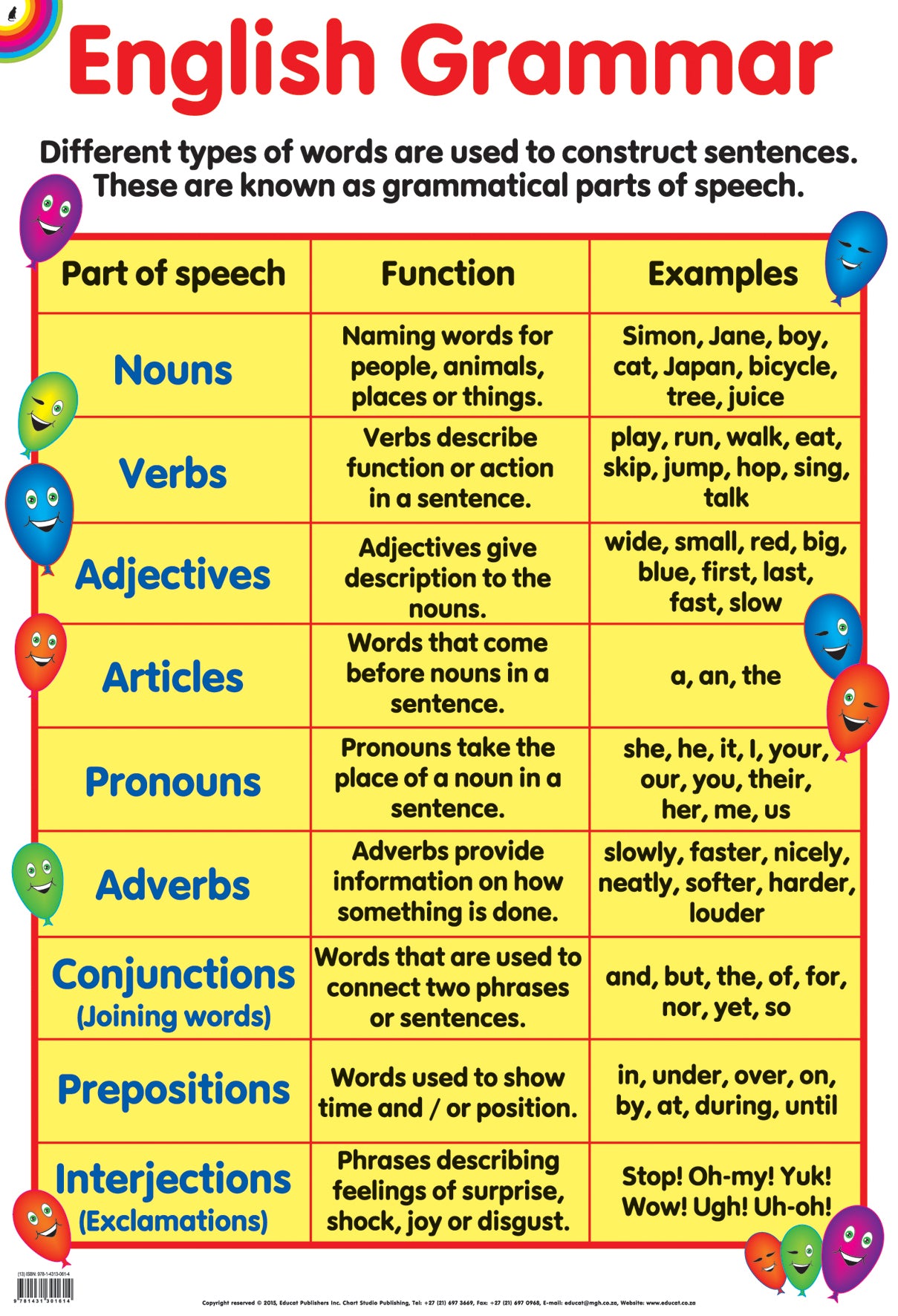

While these two programs are different, the medical requirements are the same.

The SSI program pays benefits to adults and children who meet our requirements for a qualifying disability and have limited income and resources. The SSDI program pays benefits to you and certain family members if you are “insured.” This means that you worked long enough – and recently enough - and paid Social Security taxes on your earnings. Also, gather the information and documents you’ll need to complete an application.Īpply for Disability The Basics About Disability Benefits Social Security Disability Insurance (SSDI) and Supplemental Security Income (SSI) programs provide assistance to people who meet our requirements for disability.īefore you apply, please review the basics to make sure you understand what to expect during the application process. What do I need to know about Advance Designation?.Information for Advocates, Attorneys, and Third Parties.Summary: What are Syllables?ĭefine syllables: the definition of syllables is a phonological unit consisting of one or more sounds, including a vowel sound. The “e” and the end creates more of a “bull” sound when joined with the “b” and “l” than an “e” sound would normally make. Note: The last “e” in “terrible” is not silent. “ble” : two consonants “b” and “l” plus one vowel “e”.“ri”: one consonant “i” plus one vowel “i”.“ter”: two consonants “t” and “r” plus one vowel “e”.This word has five consonants and three vowels.“ing”: one vowel “i” plus two consonants “ng”.“grow”: three consonants “g”, “r”, and “w” plus one vowel “o”.

This word has five consonants and two vowels.“er”: one vowel “e” plus one consonant “r”.“bak”: two consonants “m” “k” plus one vowel “a”.Words with more than one syllable (polysyllabic) The single vowel sound in this word is a long “i” sound.The “e” and the end of the word is silent to represent a long “i” sound.The single vowel sound in this word is a long “a” sound.



 0 kommentar(er)
0 kommentar(er)
